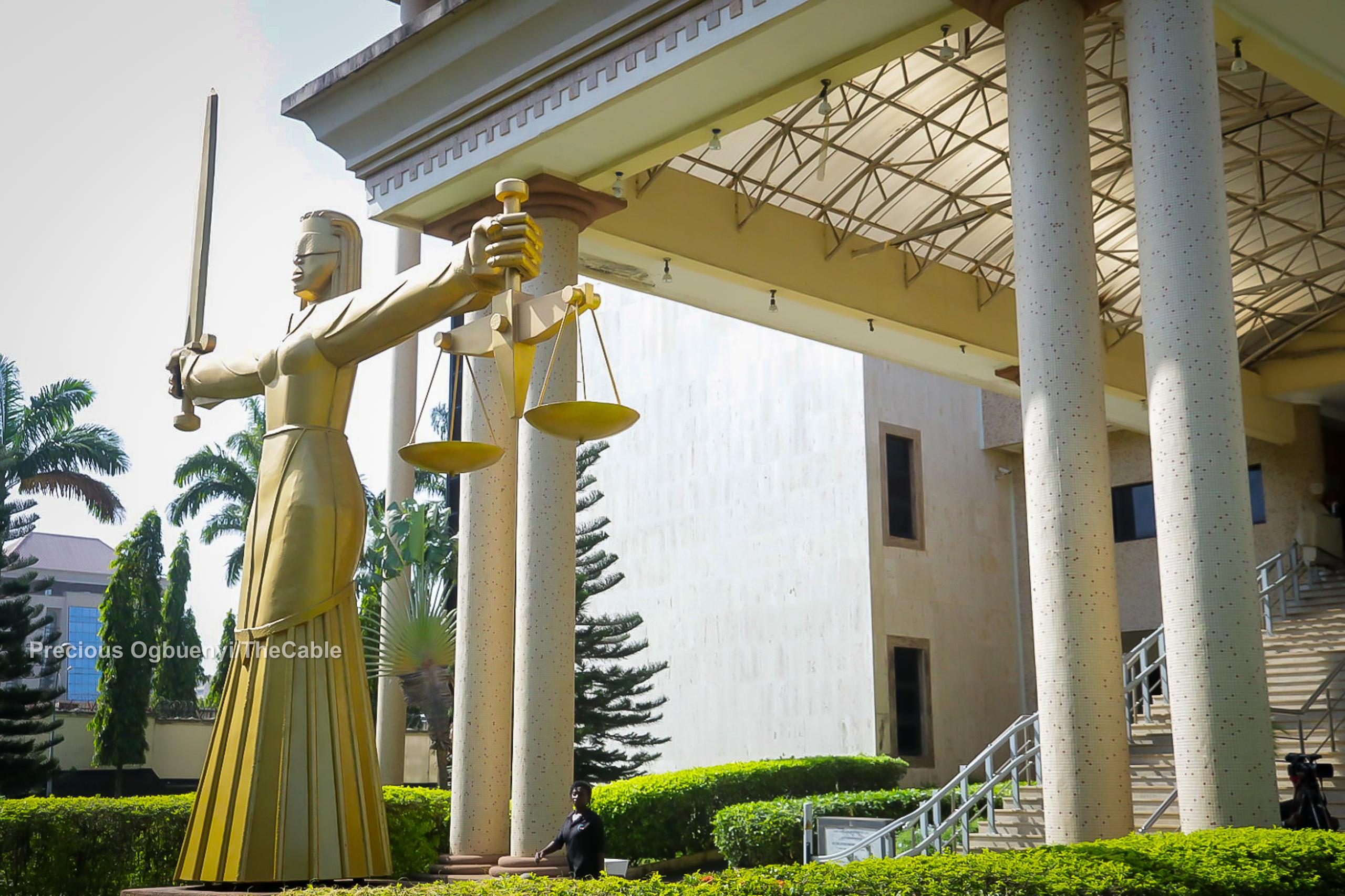Enugu State Government Initiates Regulation of Native Doctors and Spiritualists

Enugu State Governor Peter Mbah has submitted an executive bill to the state House of Assembly aimed at regulating the activities of native doctors, herbalists, and other spiritual practitioners, while also combating rising insecurity linked to ritualistic practices. The proposed legislation, titled the “Maintenance of Internal Security, Vigilance and Order” Bill, seeks to outlaw money rituals, commonly known as ‘Okite,’ and bulletproof charms, often referred to as ‘Odeshi,’ alongside other measures to curb criminal activities.
A central provision of the bill mandates the registration of all spiritual practitioners. According to Section 3 (1) of the proposed law, “Every person, who engages in the practice or rendering of spiritual services within the state, whether as a native doctor, herbalist, spiritualist, chief priest, diviner, seer, or by any other traditional or spiritual title or designation, shall be registered with the ministry, department or agency (MDA) of the state as may be designated by the Governor for that purpose.” Practicing without such registration will attract severe penalties, including a fine ranging from N1 million to N5 million, or imprisonment for up to two years, or both.
The bill introduces stringent prohibitions against various criminal and spiritual malpractices. It outlaws the administration of charms or related objects on individuals for protection to facilitate crime, or for acquiring wealth or benefits through supernatural means outside lawful livelihood. This includes practices commonly referred to as ‘Okite’ or ‘ezenwanyi’. Violators of this provision face imprisonment for six years or a fine of not less than N5 million, or both. Furthermore, any person falsely claiming supernatural powers to gain reward or influence commits an offence punishable by a three-year jail term or a fine of at least N3 million, or both. The bill significantly places the burden of proof on individuals claiming such powers to provide reasonable evidence during investigations.
The proposed legislation also targets the misuse of locations for illicit activities. Using or knowingly permitting the use of any religious place for the commission or facilitation of a crime will lead to six years imprisonment or a N5 million fine, or both, in addition to the sealing of the facility pending investigation. The bill takes a firm stance against gruesome rituals, stipulating a 20-year prison sentence without the option of a fine for anyone who performs, facilitates, or participates in any ritual involving human parts. Similarly, owners or occupiers of land or buildings, whether in forests or elsewhere, who knowingly allow their property to be used as a hideout for kidnapping, unlawful detention, ransom collection, or other banditry-related activities, face a 20-year jail term without an option of a fine.
The use of forests and property for criminal activities is declared illegal. The bill makes residing, camping, or establishing any form of settlement in a forest illegal, except for security operatives and farmers engaged in lawful activities. Anyone found in a bush or forest without a lawful reason and under suspicious circumstances will be handed over to security agencies. Those who permit non-security agents to camp or settle on their land for non-farming purposes, or who knowingly fail to report suspicious use of their property to security operatives, are liable to two years’ imprisonment without the option of a fine.
In terms of asset recovery, the bill provides that any land, property, or structure used in contravention of its provisions, as well as money and other proceeds of criminality, shall be forfeited to the Enugu State Government, unless a lawful and verifiable owner claims it within a reasonable time.
To bolster security further, the bill mandates private security outfits to register with the state government and submit particulars of their employed operatives. Presidents-general of town unions will be required to submit monthly security reports to local government chairpersons. Landlords, proprietors of hotels, guesthouses, and estate associations must obtain and transmit valid identification, phone numbers, occupation, and place of work of their prospective tenants and guests to the authorities. Hotels and other lodging facilities will also be required to install surveillance cameras in public areas and submit records of activities to relevant authorities when needed. Non-compliance by landlords could result in fines of at least N500,000, while hotel owners could face fines of up to N1 million.
This legislative move by Governor Mbah comes in response to increased cases of ritual abductions and killings in Enugu State, often reportedly perpetrated by native doctors and spiritualists. A recent incident on May 26 in Umumba Ndiagu, Ezeagu Local Government Area, involved a native doctor accused of burying several people, including a pregnant woman, allegedly for ritual purposes. The native doctor and three others have since been arrested. The bill has been transmitted to the state assembly but has yet to be debated.
Enugu is not the first state in Nigeria's South-east to enact such legislation. In January, Governor Charles Soludo of Anambra State signed the Anambra State Homeland Security Bill 2025 into law, which similarly banned the making of charms for criminal purposes, the performance of sacrifices along roads, and practices like Oke-Ite and ezenwanyi for supernatural wealth accumulation. The Anambra law imposes a six-year imprisonment term or a N20 million fine, or both, on offenders.









